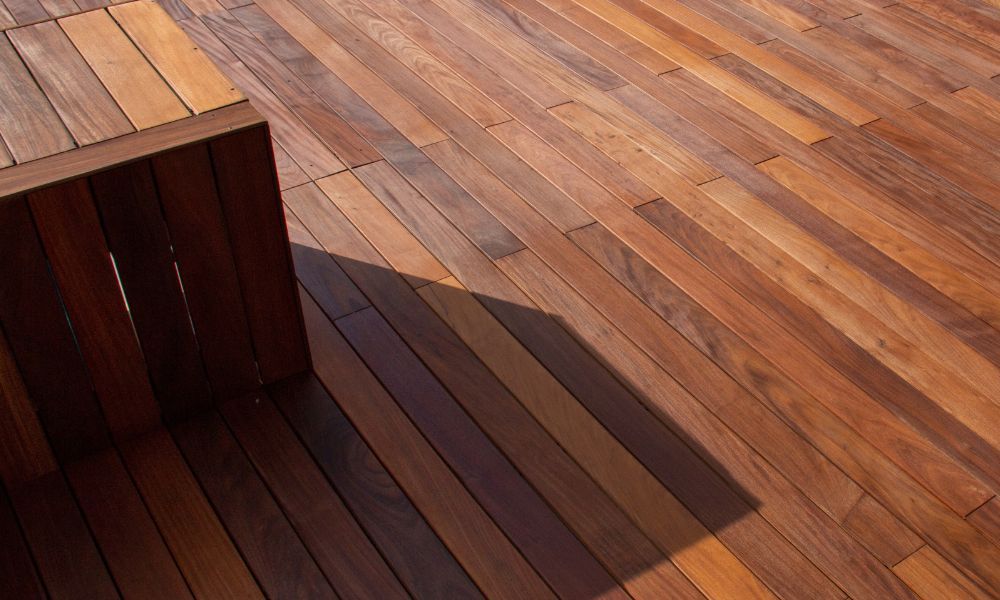If you’re thinking about updating your deck, you’re probably weighing the pros and cons of different materials. While composite and PVC options are widely available and popular, traditional hardwood decking has always been a classic choice and a mainstay of many homes. However, concern about deforestation has made some people hesitant to choose hardwood decking. Fortunately, there is a solution: sustainably harvested hardwood decking. Explore the many environmental benefits of sustainable hardwood decking and learn why you should consider this material for your project.
Sustainable Forestry
Not all hardwood decking comes from unsustainable sources. Sustainable forestry programs keep forests healthy and productive by only harvesting a small percentage of trees each year. Even after cutting down these trees, participating parties always plant new trees to grow in their place. When you choose a supplier who sources from these programs, you can feel good about supporting responsible forestry practices.
Carbon Sequestration
Trees are an important part of the planet’s carbon cycle. They absorb carbon dioxide from the atmosphere, converting it into oxygen through photosynthesis. When suppliers harvest trees and turn them into lumber, the carbon contained in the wood remains packed in the grains for decades. This means that using hardwood decking traps large quantities of carbon, helping reduce the overall amount of carbon in the atmosphere.
Deck Longevity
One of the top advantages of traditional hardwood decking is its durability. When properly cared for, hardwood decks can last for years, even with frequent and intense use. Therefore, you won’t need to replace your decking as often, which reduces the environmental impact of manufacturing and transporting new decking materials.
Material Reusability
If you do eventually decide it’s time for new decking, keep in mind that you can reuse or repurpose hardwood lumber. Some homeowners donate their old decking to organizations that build homes for those in need, while others use the wood for DIY projects around the house. This keeps the wood out of landfills and increases its overall lifespan.
Overall Biodegradability
The most important environmental benefit of sustainable hardwood decking is its ability to break down once it is no longer in use. When hardwood decking does finally reach the end of its useful life, it can be left to biodegrade naturally. This process releases the stored carbon back into the atmosphere, but because hardwood decking lasts so long, the amount of carbon released is still far less than if you had chosen a less durable material.
Sustainable hardwood decking is an excellent choice for homeowners who want beautiful, long-lasting decks. It also allows them to support responsible forestry practices and minimize their environmental footprint. Finest Brazilian Decking offers an array of hardwood species, all sustainably sourced from ethical suppliers. Our Garapa hardwood decking is especially popular, with a golden honey color that makes any outdoor space look its best. With its low carbon emissions, reusability, and ultimate biodegradability, investing in hardwood decking is an investment in the planet.

